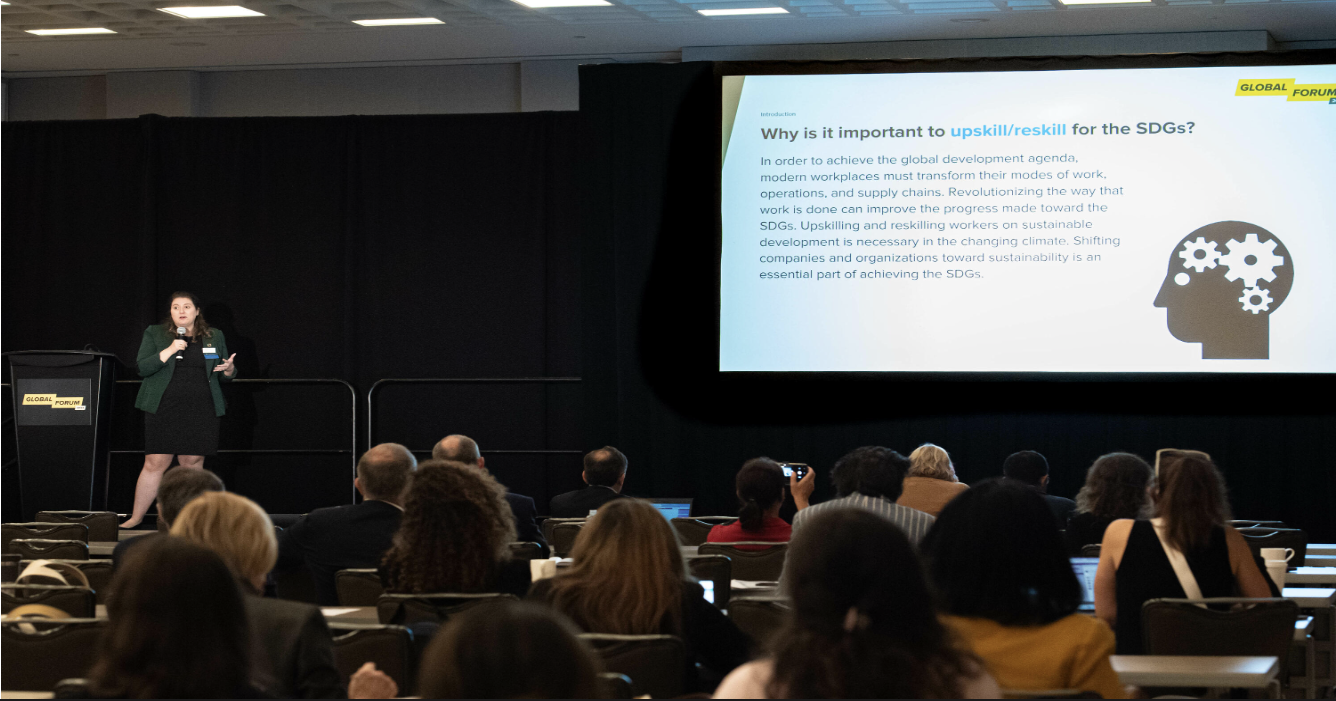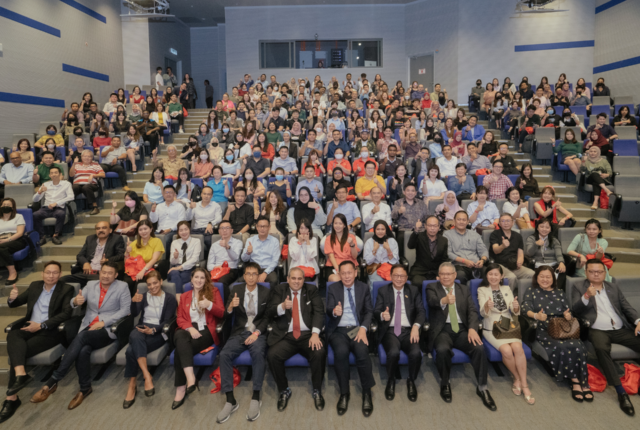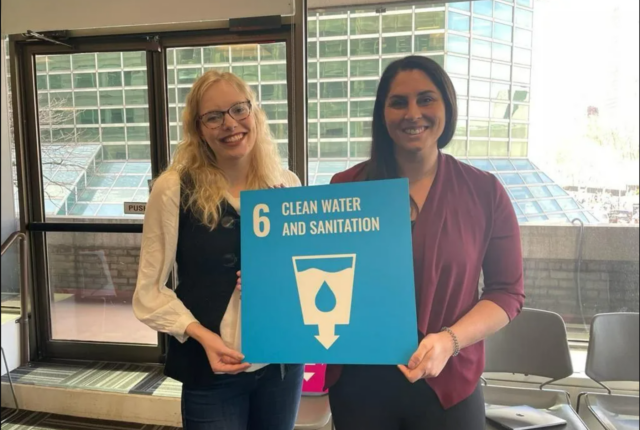As the world undergoes the ongoing transformation from dependence on fossil fuels to low-carbon economies, it has become imperative to ensure the labor force is prepared for the future we want. What is that future? Globally, we have come to a consensus on our need to establish a more sustainable world. Having agreed to the 17 Sustainable Development Goals (SDGs) and the ambitious targets of the Paris Climate Agreement, member states of the UN know where we need to go. Continuing to bring communities out of poverty, improving global health, enriching education and other social outcomes, and, perhaps most importantly, staying within critical climate targets that promote human survival, are universally accepted as our global goals.
Yet, consensus is not enough. It has become increasingly clear that to achieve our goals, we require market transitions and a shifting of the labor force to jobs that create more sustainable outcomes. Carbon heavy industries such as energy, agriculture, and consumer goods require a rethinking of current methods of production and delivery. This calls for greater attention to the training and support given to people to perform their work sustainably, or to transition to more sustainable jobs and industries.
These topics were addressed recently at the edX Global Forum convened in Washington D.C. from October 2-4. In a session co-facilitated with the International Monetary Fund (IMF), the SDG Academy discussed the value of upskilling the current workforce, and doing it at scale. Jessica Crist, Education Manager for the SDG Academy, summarized this when stating that “the desire to be sustainable exists and the knowledge is out there, but industry workers do not have the necessary skills to make this a reality.”
Emphasized was the need to create a truly intergenerational effort and a ‘just transition.’ To meet our climate goals by 2030, we must educate and train the current generation of workers. To continue the progress needed to 2050 and beyond, we must invest in education, develop curricula, and ensure teachers are trained to facilitate learning for sustainable development.
Moreover, the SDG Academy discussed the need for a ‘just transition’ meaning securing workers’ rights and livelihoods as economies shift. The IPCC defines this as “a set of principles, processes and practices that aim to ensure that no people, workers, places, sectors, countries or regions are left behind in the transition from a high-carbon to a low carbon economy.”
To work towards these goals, the SDG Academy has collaborated with edX, one of the world’s premiere providers of massive open online courses (MOOCs), to create training programs offered to the platform’s nearly 40 million users. To date, the SDG Academy has launched three professional certificates and one Masters pathway to serve the need of upskilling for 2030. The professional certificates include: 1. Foundations of Sustainable Development, 2. Sustainable Water Management, and 3. Sustainable Cities and Urban Development. The Masters pathway (in partnership with University College Dublin) allows learners to study at their own pace, an often critical factor in enabling workers to pursue further education, to eventually enroll in an accredited degree program.
Find more about the SDG Academy’s professional certificates here.
Midway through the SDG Agenda, it is evident that progress must be accelerated to achieve our global goals. Deepened support for transitioning labor markets is essential to get the world on a path towards achieving sustainable development, and upskilling the current workforce must become a central focus of how we are facilitating this important transition. The SDG Academy remains grateful to the partnership with edX as we further our work together to promote education and training for the SDGs.



